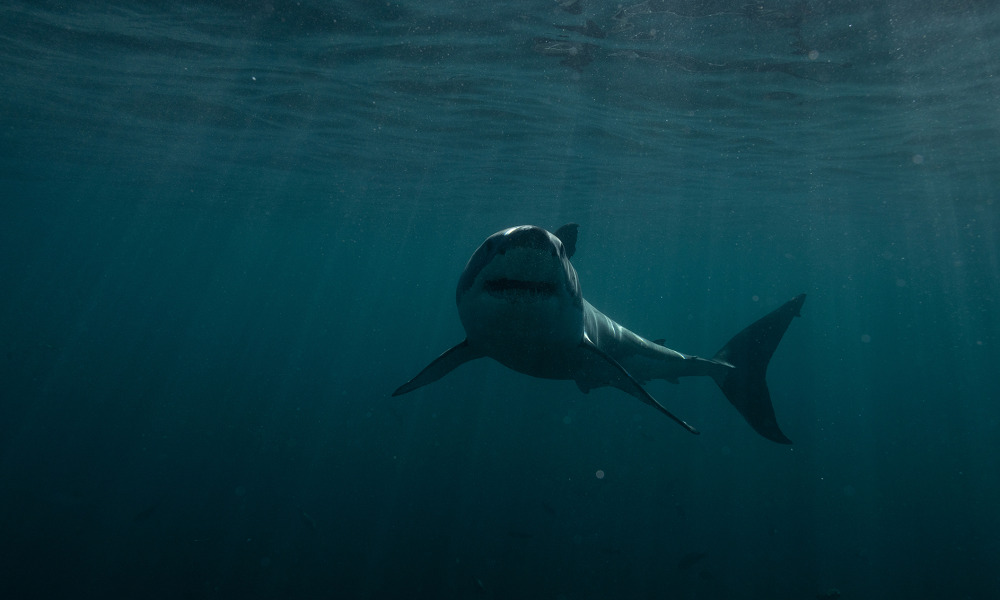World
Diver killed in shark attack near New Zealand’s Chatham Island

A man has died in a shark attack while diving off the coast of New Zealand’s Chatham Island, according to a police statement, making it the first fatal shark attack in the country in nearly four years.
Emergency services were alerted around midday on Tuesday after reports that a man had been injured by a shark while diving from a boat. He was taken to Chatham Island Hospital in critical condition but later succumbed to his injuries.
Police have not released the man’s identity but extended their condolences. “Police’s thoughts are with his family,” said the statement. The death has been referred to the Coroner for further investigation.
Chatham Island, located about 800 kilometers (500 miles) east of New Zealand’s mainland, is known for its rich marine ecosystem and is a popular destination for divers and fishers.
This marks the first fatal shark attack in New Zealand since 2021, when 19-year-old Kaelah Marlow was killed by a great white shark at Waihi Beach on the North Island. At least 29 people in New Zealand have died in shark attacks since 1860, according to one database.
While sharks are often feared, they only kill about six people per year on average, according to the International Shark Attack File (ISAF). Last year, 14 people were killed in shark attacks, up from nine in 2022.

-

 Legal1 week ago
Legal1 week agoNorth Carolina Amber Alert: Yesenia Lopez missing from Lenoir County
-

 US News1 week ago
US News1 week ago3 American and Canadian climbers missing on New Zealand mountain
-

 World3 days ago
World3 days agoPassenger tries to forcefully divert Mexican flight to the U.S.
-

 US News1 week ago
US News1 week agoPolice kill chainsaw-wielding man at Illinois senior living facility
-

 World7 days ago
World7 days agoWHO dispatches team to investigate deadly unidentified disease in DR Congo
-

 Politics2 days ago
Politics2 days agoWoman killed in crash involving officer responding to Marjorie Taylor Greene bomb threat
-

 World6 days ago
World6 days agoDR. Congo officials on “maximum alert” due to unidentified flu-like disease
-

 US News5 days ago
US News5 days agoArizona confirms first human cases of H5 bird flu




